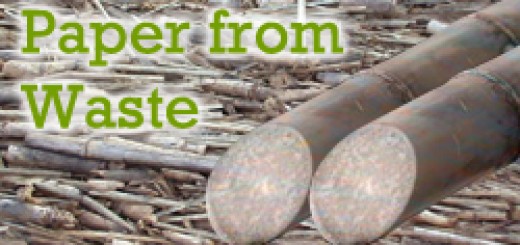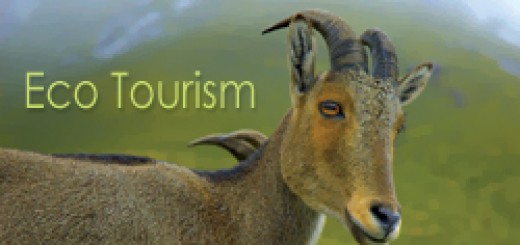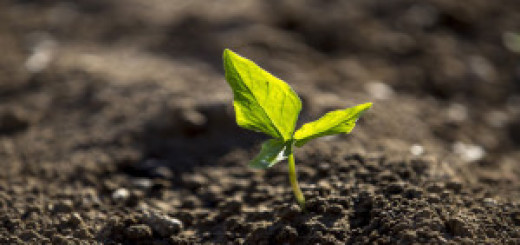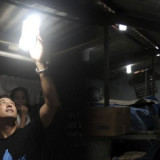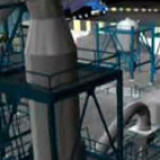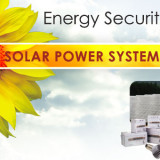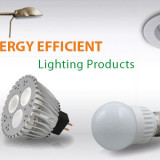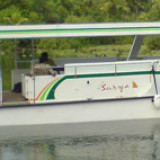A Green Initiative in rural India
An Integrated Eco-Friendly Recycling Programme (IERP),
implemented at one of the most remote and underdeveloped areas in Maharashtra State by Fr. Thomas Mullenmadackel VC (Managing Trustee of Morning Star Charitable Trust, Vavarath)
According to Fr. Thomas, this programme is a Model Microplanning for the Middle Class Farmers. A green initiative which has been rendered by this Versatile Missionary.
I have known Fr. Thomas since my childhood and he is one of the most inspiring Missionary, who has dedicated his life for serving and uplifting the poor. This ‘Integrated Eco-Friendly Recycling Programme’ is something that would be of interest for those who want to make this world a better place. This Recycling Programme that is now mastered by Fr. Thomas can be replicated in other areas as well and could play a significant role in recycling of waste and conservation of environment, probably in the most rightful manner.
Technical Description of the Integrated Eco-Friendly Recycling Programme by Fr. Thomas.
We have developed a systematic, scientific, and viable recycling programme, which includes almost all the interventions of the Trust in this dry and drought prone hilly village. The programme is named AN INTEGRATED ECO-FRIENDLY RECYCLING PROGRAMME (IERP). THE TOTAL PROGRAMME owes its existence to the water pumped out of the 235 feet deep drilled-tube well in our plot. The process is like this: The water is pumped out of the bore well to two separate water tanks for drinking and irrigation purposes. Clean and potable water is provided from the first tank to the total campus- the Administrative block, inmates of the boarding, staff quarters, convent, school, and in necessities, to the whole village through pipelines. Irrigation of the field (Fruit trees, vegetables, food grains, pulses & fodder grass) is done by drip and sprinkler irrigation systems to save water. Food grains and vegetables directly go to the boarding. The fodder grass is for cows, goats, rabbits,guinea pigs etc. The milk of the cows and goats will be used in the boarding and the excess will be sold in the dairy. The income from the dairy will be used for the administration of the school and boarding. The kitchen waste and wastage of the food go to the poultry. The meat of the rabbits and chicken will be used as food for the boarding children and partially sold out in the market to generate some income for the maintenance of the school. The cow dung will be sent to separate but interconnected cooking gas producing units and the gas is used as fuel in the boarding kitchen. The slurry coming out of the gas plant is diverted to an open well to be stored and will be used as manure in the field.
The specific topography and the nature of the soil strata are genuinely exploited in this project. The land is with a valley and the soil is shallow. The rocky strata prevent the free percolation of the water to recharge the ground water table and hence the water seeps into the valley where there is no soil at all and the water was being wasted day and night throughout the year. So we put five check dams in the valley to block the free flow of the water and put the seedlings of different varieties (Rohu, Cutla, Thelopea, Shrimp, Maral etc.) of fish in it. Thus five fishponds came into existence in this small plot of three acres. The percolation or overflow from one check dam will naturally go to the next one. The poultry was designed in such a way that it can be fixed above the dam water and can be attended from the bund of the check dam. Naturally poultry excreta and wastage of feed will fall in the water and it will become the food for fish in it. It causes the increase of nitrogen and urea content in the water. This nitrogen and urea enriched water will be occasionally siphoned for irrigating the field. The meat of chicken, eggs, and fish will be used as food in the boarding. The percolation after these five check dams will be collected in the same open well where the slurry of the gas plant is collected. Thus the slurry is diluted with the water from the check dam to be pumped back to the field for irrigation with the help of slurry pump and make shift pipe lines. As the diluted slurry is pumped with slurry pump and make shift pipeline manual labor is saved in handling the slurry. So also as the slurry is diluted with water from the check dams the cakening of the slurry in the field is avoided. Plantation is done in abundance and they are regularly watered with the slurry enriched water.
To escape the power cut up to 16 hours a day we have provided solar lanterns to the inmates. In emergencies water is siphoned from the first fish pond and released near the open well to create a water jet to rotate a mini hydro electric generator which produces electricity sufficient to light up the campus with CFL lights. Designing and preparations are to erect a mini wind mill with low cost materials to provide a permanent solution to the perennial problem of power cut in the total campus.
We are thinking of installing parabolic solar cookers and solar water heaters for the campus to save our expenditure on fuel and for saving trees being cut for firewood and in that way contribute our widow’s mite to the Eco system.
The IERP is not a mad fantasy but an actual functioning reality, successfully working for many years. Its infrastructure costed us only about two lakh Indian Rupees.
It is an INTEGRATED system as it includes the natural resources like water and waste land, vegetation like grass, vegetables and fruit trees, animals like cows, sheep, rabbits, guinea pigs, birds like chicken, ducks, guinea fowls, flying ducks, and swan, fish and shrimp of the aquatic kingdom, finally reaching the human realm in the boarding children and staff.
It is ECO- FRIENDLY since it excludes the excess use of chemical manures and pesticides, prevents soil erosion, develop the unusable wasteland and makes it productive, increases the green cover of earth, reduces the wastage of materials, and produces less polluted food grains and fresh vegetables for the consumption of the inmates.
It is a RECYCLING PROGRAMME since it reuses the rarely available water in this dry and drought prone area at least in 5 fishponds and then pumped back for irrigation after the primary use, cow dung and bio-waste from the cowshed are used for cooking gas production before being used as manure in the field, poultry excreta is used as feed for fish and the rest will be pumped to the field along with the water for the irrigation, fodder is turned into cow dung that will ultimately put in the field as manure after the production of cooking gas.
Thus the system contribute positively for building up an Eco -friendly environment by avoiding the excess use of chemical manures, pesticides, producing less contaminated and fresh vegetables and fruits, fish, chicken and eggs, by promoting organic farming, preventing soil erosion, water conservation and thereby recharging the ground water table, providing and improving green cover to earth etc. So it can be easily be adopted and adapted for the self reliance of the middle class farmers. All NGOs and voluntary organizations and delegates are welcome to have a glimpse at the said project.
The amazing thing is that the total project has just completed ten years from the very inception and it is developed on a plot of just 3 acre waste land donated by a village farmer in the year 2000.
If you are interested to know more about this Recycling Programme or need consultation, feel free to call Fr. Thomas at +91 98222 71746. If you would like to know more about Fr. Thomas and his initiatives, please do visit morningstartrust.org.

